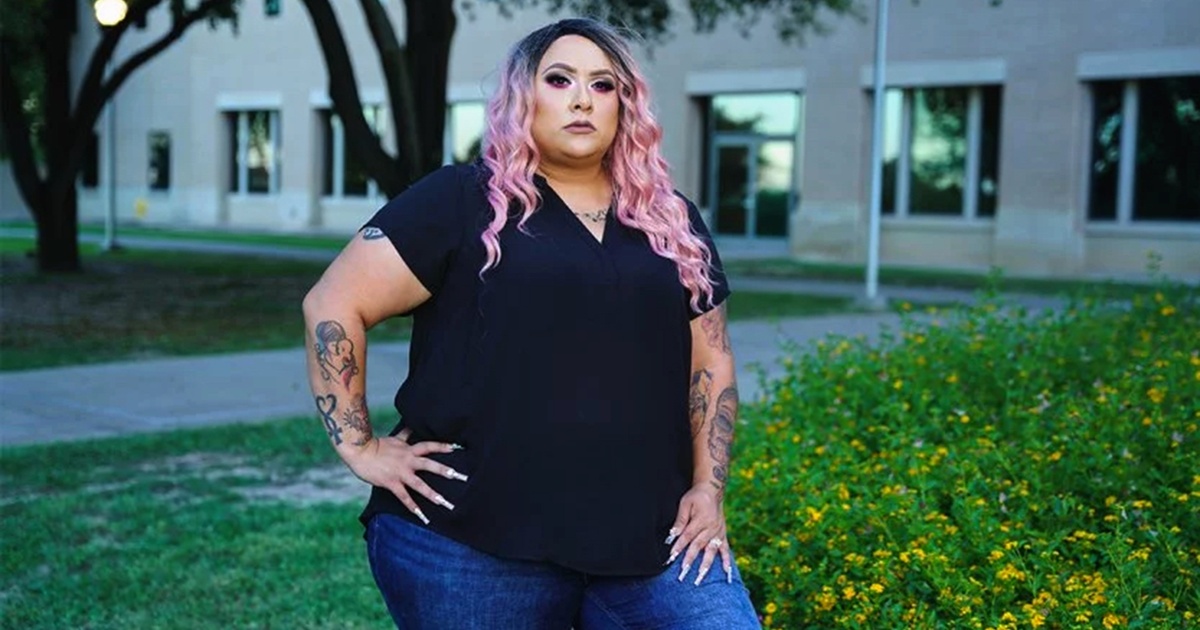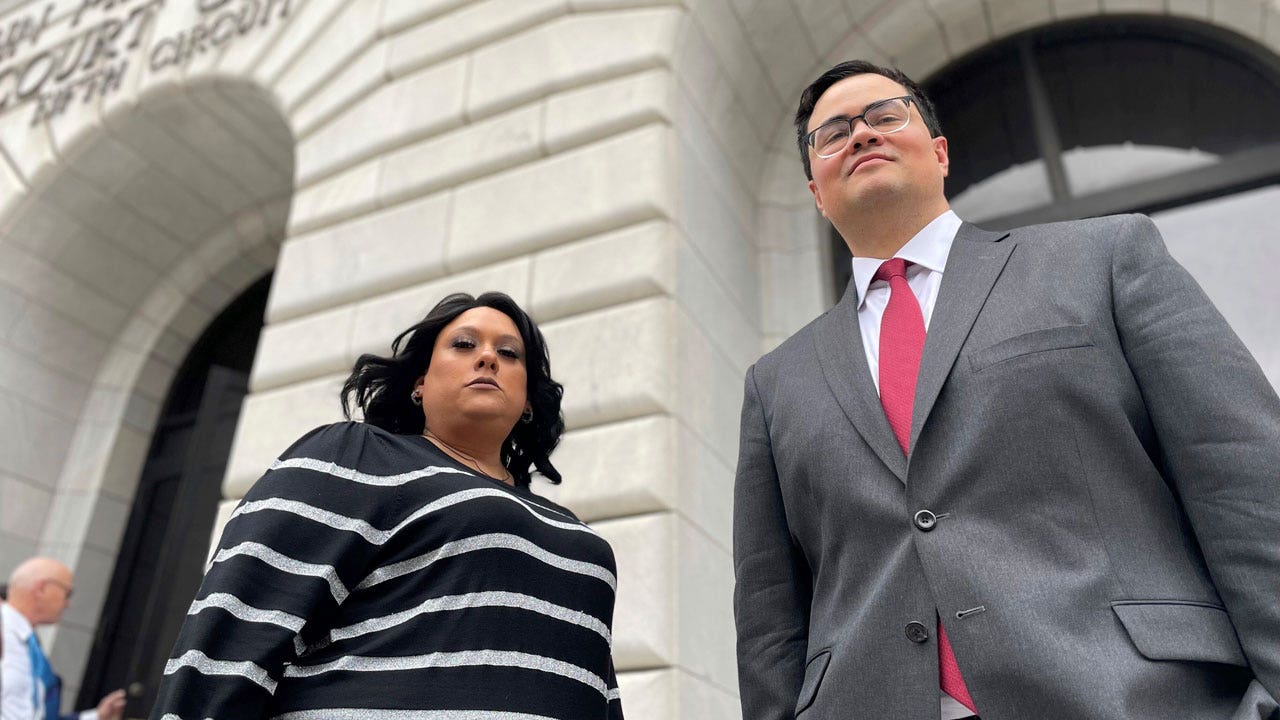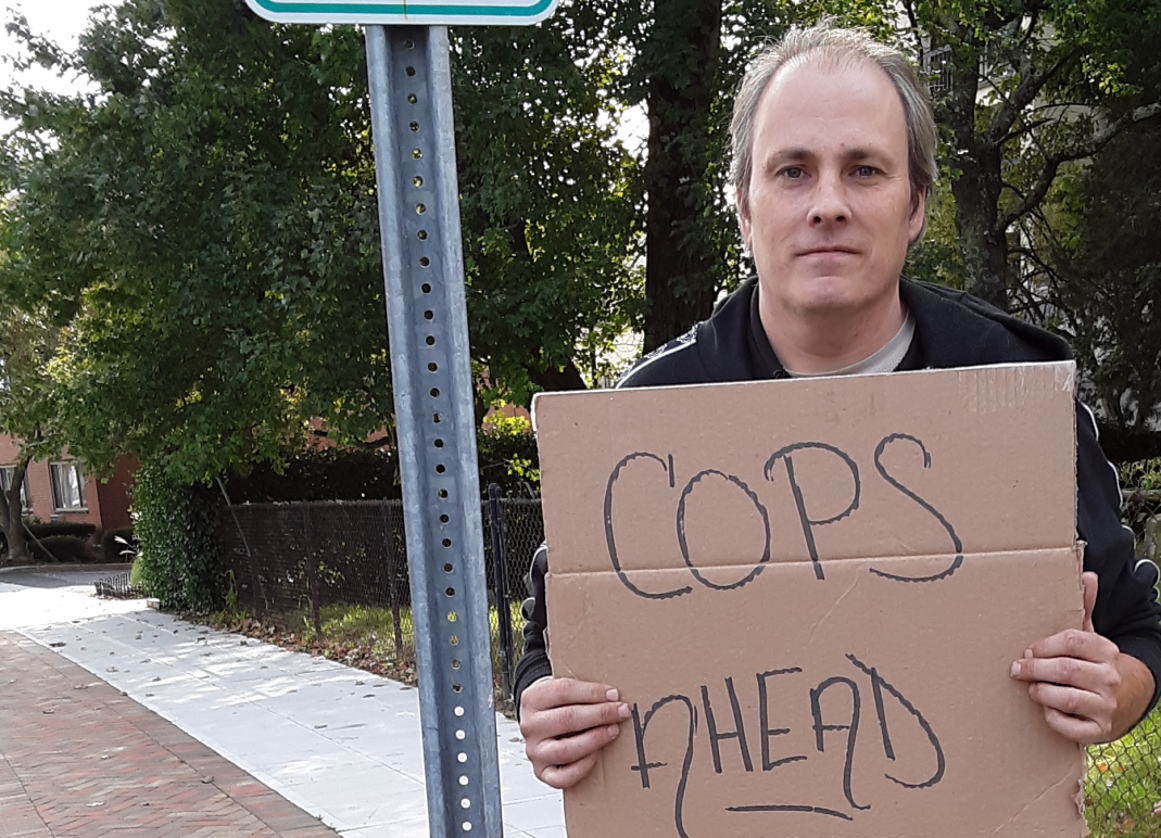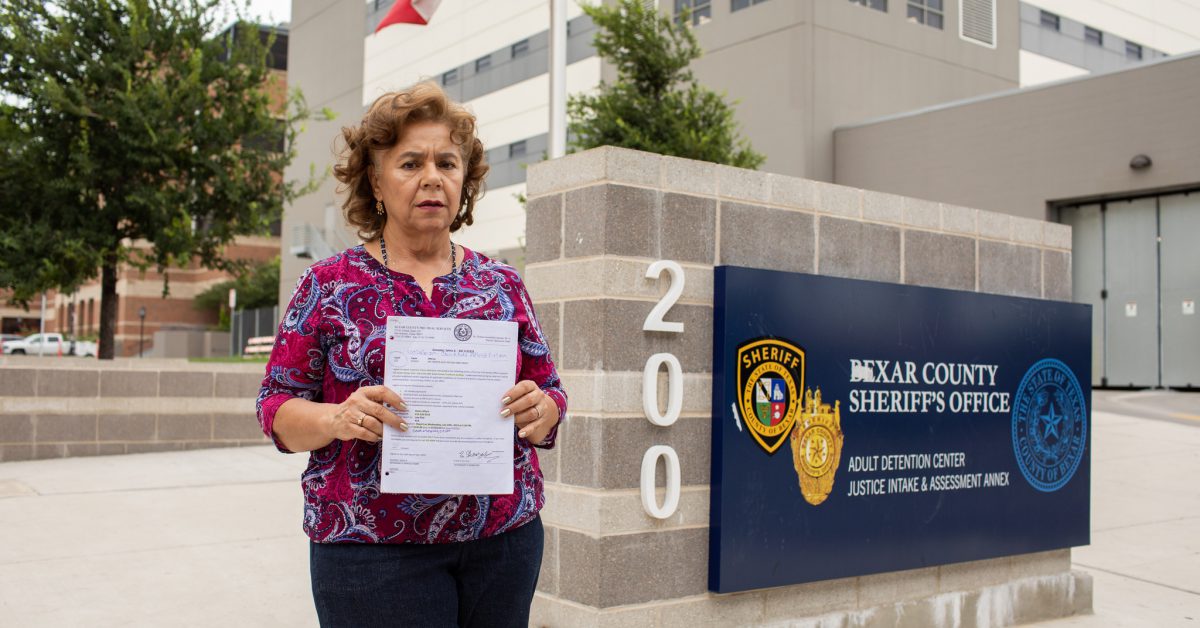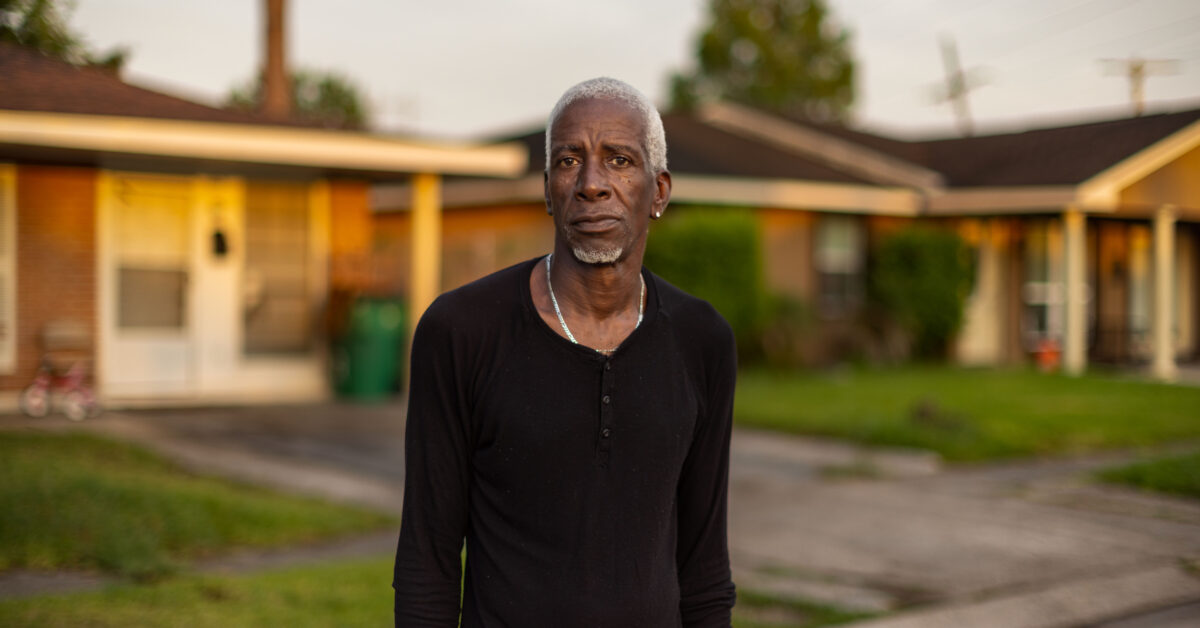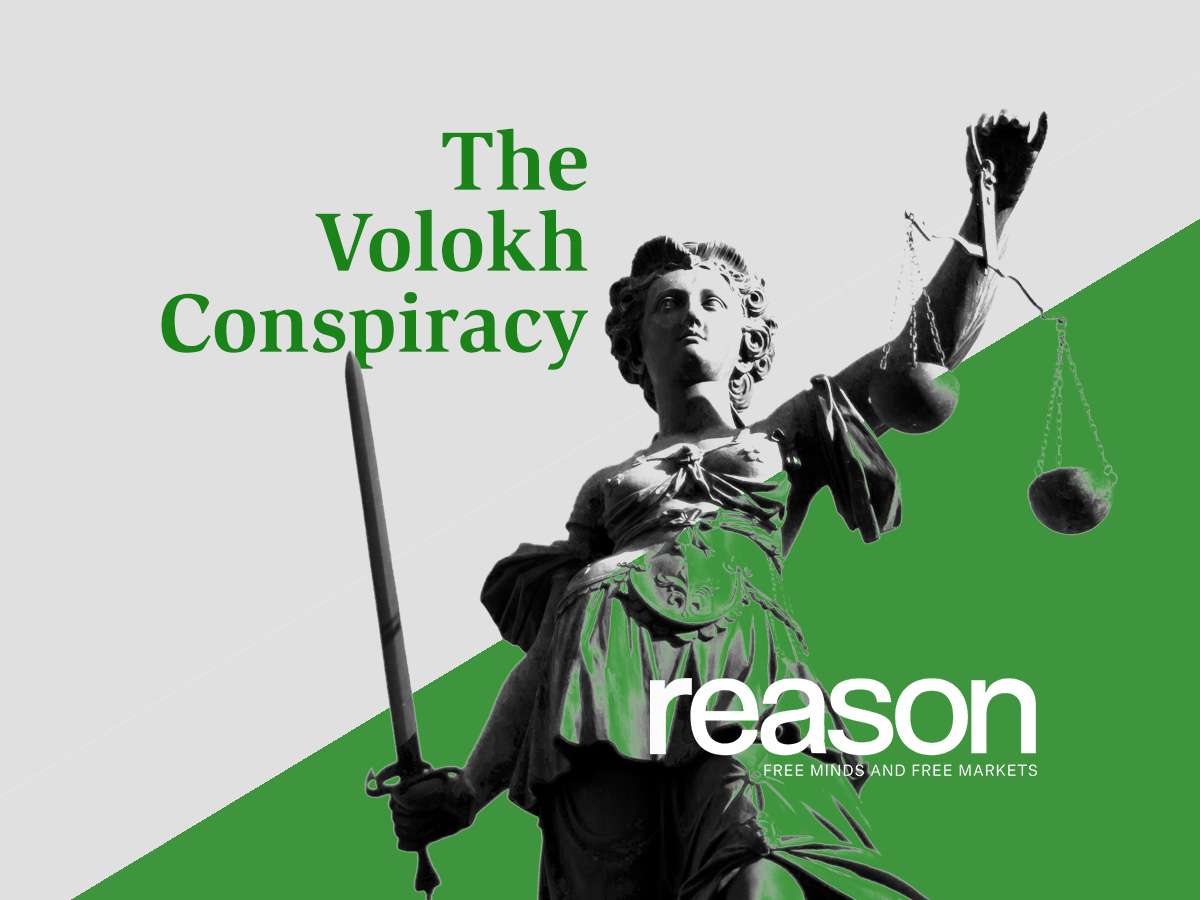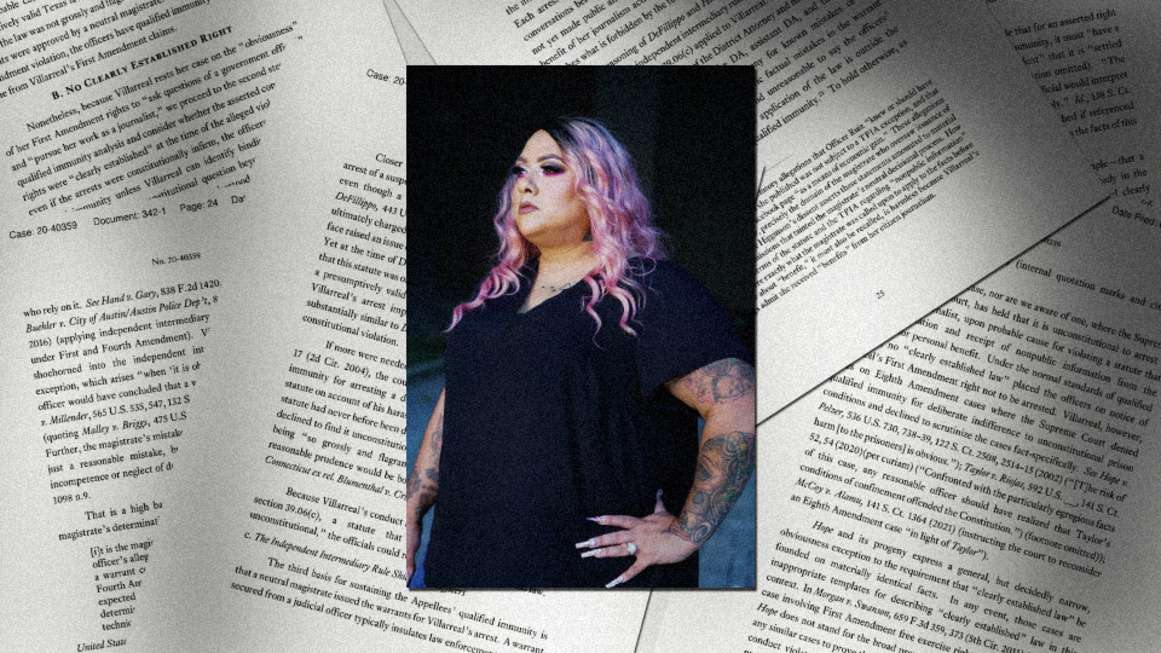At a conference on Friday, the U.S. Supreme Court will consider the appeal of an Ohio man who was arrested and prosecuted for making fun of his local police department on Facebook. Well-known parody websites The Onion and The Babylon Bee offered their support for Anthony Novak’s First Amendment case, which was brought to the Court by the Institute for Justice (IJ). IJ’s appeal asks whether freedom of speech actually protects Americans or whether police can arrest you for what you post online.
“We are asking the Supreme Court to make it clear that qualified immunity does not trump free speech,” said IJ Senior Attorney Patrick Jaicomo. “The First Amendment protects the right of every American to poke fun at government officials. But if police can arrest you for your jokes, that right is meaningless.”
In March 2016, Anthony Novak created a parody Facebook page making fun of the Parma Police Department. Anthony’s page was modeled after the real department page. It had the same name and profile picture, but displayed the satirical slogan, “We no crime.” The posts were obvious parody and included things like the announcement of an “official stay inside and catch up with family day” to “reduce future crimes” during which anyone caught outside would be arrested.
The Parma Police Department did not appreciate Anthony’s criticism. Citing 11 calls made to a nonemergency line to either ask about or tattle on Anthony’s parody page, police spent weeks planning to arrest Anthony. Through a slow and deliberate process, police obtained a warrant for Anthony’s arrest, searched his apartment, seized his electronics, and charged him with a felony under an Ohio law that criminalizes using a computer to “disrupt” “police operations.” Anthony had to spend four days in jail before making bail. He was prosecuted, but after a full criminal trial, a jury found him not guilty.
But when Anthony tried to vindicate his rights by filing a civil rights lawsuit, the 6th U.S. Circuit Court of Appeals refused to hold the police officers accountable for their actions. Despite the clear violation of Anthony’s First and Fourth Amendment rights, the Sixth Circuit granted the officers qualified immunity.
Anthony’s case is not the only example of police using their power to punish a joke. IJ is also representing Waylon Bailey of Alexandria, Louisiana, in a suit against the Rapides Parish Sheriff and one of its detectives. In March 2020, Waylon posted a joke equating the developing COVID-19 pandemic to a zombie outbreak. His post included emoji and referenced Brad Pitt’s starring role in the movie World War Z. Sheriff’s deputies showed up at Waylon’s home, arrested him and charged him under an anti-terrorism law.
Like Anthony, Waylon sued over the violation of his constitutional rights. But, like the officers in Anthony’s case, the detective who arrested Waylon was granted qualified immunity by a federal trial court. IJ is now appealing Waylon’s case to the 5th U.S. Circuit Court of Appeals.
Reference links included in source:

Will the Supreme Court Take Up Facebook Police Parody Case? - Institute for Justice
ARLINGTON, Va.—At a conference on Friday, the U.S. Supreme Court will consider the appeal of an Ohio man who was arrested and prosecuted for making […]


